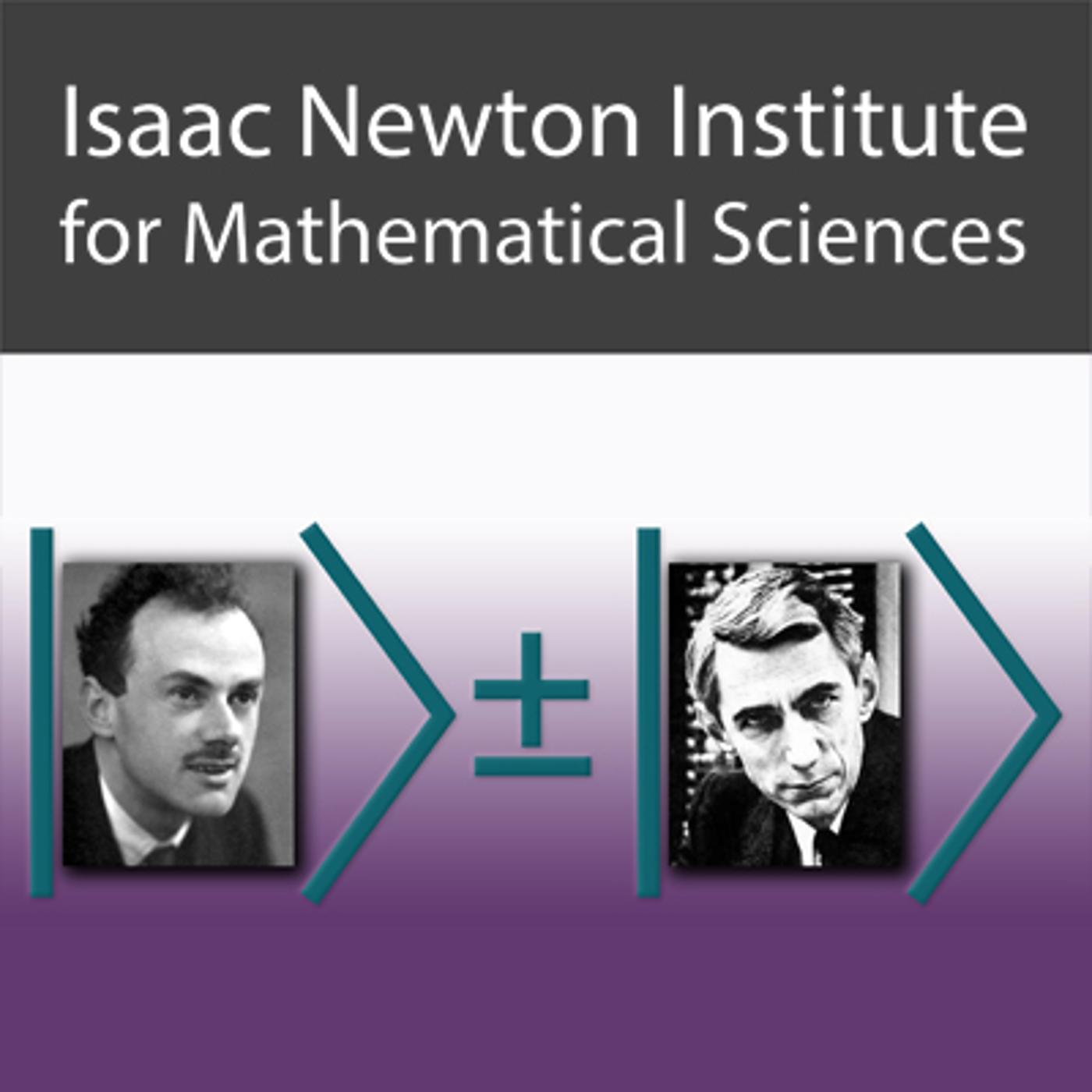Renyi relative entropies and noncommutative L_p-spaces
Update: 2018-07-30
Description
The standard quantum Renyi relative entropies belong to the class of Petz quantum f-divergences and have a number of applications in quantum information theory, including and operational interpretation as error exponents in quantum hypothesis testing. In the last couple of years, the sandwiched version of Renyi relative entropies gained attention for their applications in various strong converse results. While the Petz f-divergences are defined for arbitrary von Neumann algebras, the sandwiched version was introduced for density matrices. In this contribution, it is shown that these quantities can be extended to infinite dimensions. To this end, we use the interpolating family of non-commutative L_p-spaces with respect to a state, defined by Kosaki. This definition provides us with tools for proving a number of properties of the sandwiched Renyi entropies, in particular the data processing inequality with respect to normal unital (completely) positive maps. It is also shown that this definition coincides with the previously introduced Araki-Masuda divergences by Berta et. al.
The notion of sufficient (or reversible) quantum channels was introduced and studied by Petz. One of the fundamental results in this context is the fact that equality in the data processing inequality for the quantum relative entropy is equivalent to sufficiency of the channel. We extend this result for sandwiched Renyi relative entropies. See arXiv:1609.08462 and arXiv:1707.00047 for more details.
The notion of sufficient (or reversible) quantum channels was introduced and studied by Petz. One of the fundamental results in this context is the fact that equality in the data processing inequality for the quantum relative entropy is equivalent to sufficiency of the channel. We extend this result for sandwiched Renyi relative entropies. See arXiv:1609.08462 and arXiv:1707.00047 for more details.
Comments
In Channel





